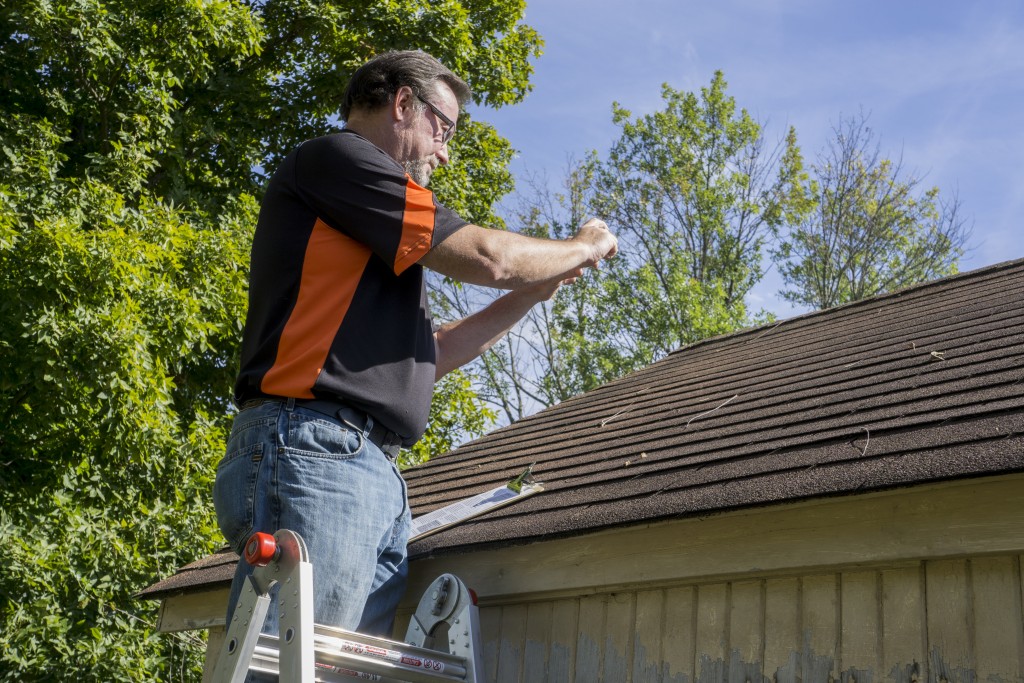Meaningful relationships are often forged between patients and caregivers. Caregivers, as the name suggests, provide care while the patients give companionship. In nearly all of the scenarios imaginable, the needs of the patients come first.
Many people in this career path, however, struggle with caring for themselves while they care for others. This is applicable to not only doctors and nurses in hospitals, but also those who are stationed in nursing homes in Ogden and Los Angeles alike. There are caregivers who suffer silently as they continue with their tasks and daily rounds. While people are preoccupied with the seniors they care for, nobody seems to ever notice the plight of these workers.
If you are hoping to help these people like they help others, donating to organizations dedicated to supporting medical professionals is a good start. They organize talks and advise caregivers on how to cope with such a high-stress level profession. Another way of helping is through education. People need to have an inkling of the emotional side of caregiving.
Anger
Caregivers being on their last nerve is not unusual since they are often surrounded by patients who are resistant to accepting aid. Feeling angry and frustrated is normal, especially for those who have to deal with extreme cases, such as dementia. Caregivers who end up losing it may find it difficult to forgive themselves later on.
Crankiness
Similar to other jobs, caregiving can cause irritability, especially considering the long shifts these professionals work. Often, they feel as if they are always on-call. Feeling tired and stressed out may lead to a loss in control of what they say and do.
Depression

Constantly being physically and emotionally stressed may lead to serious medical conditions, one of which is depression. This mental illness is known to be the most common and pervasive disorder, and those working in the medical field are not immune to it. Persistent neglect to one’s health may result to caregivers suffering through depression.
Embarrassment
Aside from the long hours and stressors that come with the job, caregivers also have to deal with how their patients treat them. Elderly people and those who have difficulty coping with their circumstances often express themselves negatively. It is not surprising when harsh words are dealt, or if patients act out if they feel that they are getting inadequate care.
Fear and Guilt
Fear is an underlying sentiment that never goes away while caring for others. Becoming a caregiver means having an obligation to their patients. Often, terrible things happen unexpectedly and this leads to guilt blooming. If something were to happen during their shift, say a sudden death, it is very likely for these professionals to start questioning themselves and their worth. What-if scenarios are also always thought of.
The next time one feels frustrated with the inefficiencies found in the health field, it is important to remember that medical professionals are humans who often have to prioritize others before themselves. Sympathy and a degree of empathy will be highly appreciated.




